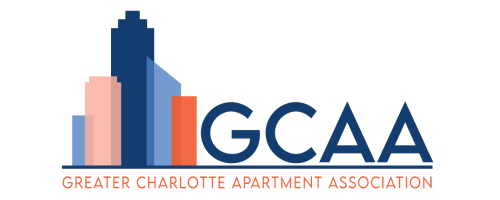Teamwork Makes Section 8 Work
According to the Department of Housing and Urban Development’s Office of Policy Development and Research, between 2010 and 2020 approximately 5,000 residential rental property owners opted out of the Section 8 Housing Choice Voucher (HCV) Program. That is a disheartening statistic since the HCV Program is considered one of the most successful federal government initiatives to support family stability and child development.
A mass exodus of housing providers from the HCV Program has immeasurable downstream impacts. When one considers that the housing need far exceeds available vouchers as well as qualified rental units, we can begin to see the conundrum.
On a macro level, the National Apartment Association (NAA) has had Section 8 reform as a legislative agenda item for more than five years with little progress. In a 2023 study, NAA reported that 56% of rental property owners who accept vouchers for rent payments experienced an average time between rental application to move-in of one to three months.
NAA’s findings were supported by HUD research that described the HCV leasing administrative process as burdensome and overwhelming to leasing teams and property owners. What role can elected officials play in ensuring rental property owners continue to participate in the HCV Program?
One way is through passage of The Choice in Affordable Housing Act (S. 32/HR 4606). This bill would authorize HUD to provide a one-time incentive payment to rental property owners as well as bonuses to public housing authorities that employ landlord liaisons.
HUD's Principal Deputy Assistant Secretary of Public and Indian Housing, Richard Monocchio, has been engaging in nationwide discussions on ways to improve the HCV Program. The Greater Charlotte Apartment Association is delighted to host him at Blu South on Tuesday, August 13 to brainstorm with housing providers.
If you have an interest in attending, contact Lindsay Reusser at lindsay@greatercaa.org.
